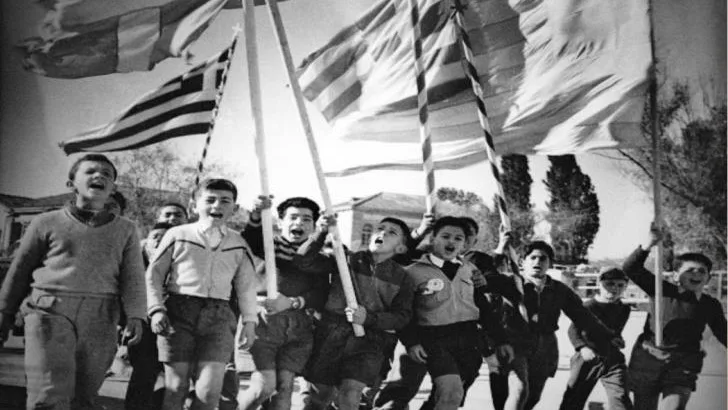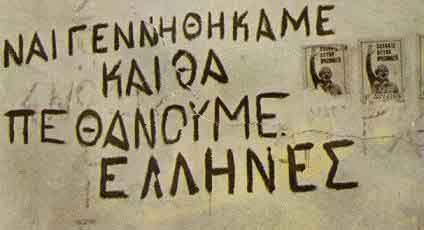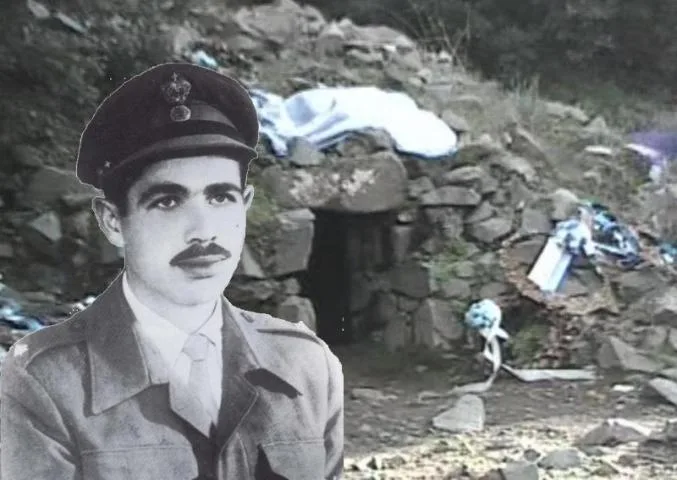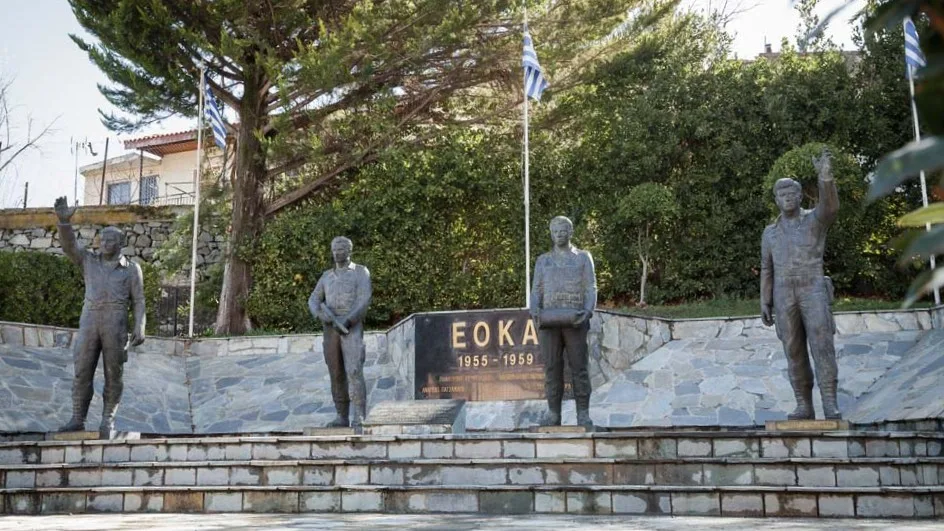By Michael Peters Kyriacou, President of the Cyprus Community of NSW
On March 25, the Greek world and beyond marked the start of the 1821 Greek War of Independence. After four long centuries of occupation and oppression, the spark that was lit on March 25, 1821, gave hope that liberty need not be just a dream.
The brutality of taking other people’s lands, identity and freedom was challenged by a group of not so organised Greeks, motivated by pure idealism and pride.
Occupied peoples finally had a “modern” version of what the French Revolution espoused, the American Revolution declared, and the Greeks were to confirm – that is, humans have a right to liberty, life and dignity.

The ideals found by all three revolutions were finally codified with the founding of the United Nations. For one island, the ideas of freedom proved elusive for almost a millennium.
Cyprus has been on the receiving end of foreign “occupation” for generations and yet the island peoples have retained their identity and live to tell the tale, live to defend their ethnos, and preserved their ancient Hellenic roots.
This is what Cyprus National Day on April 1 is all about.

The last of the island’s occupiers, Britain, had initially “leased” the island from the Ottomans to tax the people of Cyprus to pay for the cost of Britain, providing “protection” for the Ottomans from the Russians.
The taxes were not used for the benefit of the people or to fund the roads, bridges, schools, hospitals, water, and sewage. It was civil extortion on an industrial scale.
Since the Ottomans sided with Germany in World War One, Britain decided to simply take the island.
During World War Two more than 47% of the adult males of Cyprus volunteered to fight for Britain in support of Greece and France, on the promise Britain would leave Cyprus after the war. The promise was not kept, the occupation continued, the locals had enough.
The British even tried to change the demographics on the island without success.
Cyprus is, after all, a sunny, easy-going island, with amazing cuisine, breaches, mountains, snow fields and places steeped in history. There’s little wonder why the British refused to leave.
April 1, 1955, the people of Cyprus declared their “revolution.”
Led by the ‘National Organisation of Cypriot Fighters’ (EOKA) it was more than an anti-colonial movement. It became the force behind self-determination and the birth of the Republic.

It was to be a bloody, cruel war, as the dwindling might of a fading empire became desperate to retain its global status. It was to find itself sliding into a moral abyss. Tactics they once opposed were now employed – wholesale terror, torture, concentration camps, indiscriminate killings and collecting punishment. The atrocities are well documented, recorded by the foreign press at that time.
The occupiers even set up an office dedicated to cultivating hate among different classes of locals, neighbours, villages, religions. Kidnapping, executions and the exiling of community leaders all had the hallmarks of a distressed foreign regime knowing their time to go home was approaching.
It would be another six decades till the architects of the terror of occupation were finally brought to account, as the war crimes found their way to British and European Union courts.
In January 2019, the British government agreed to pay £1 million in compensation to 33 locals tortured by British occupying military and more cases are in the pipeline.
Perhaps due to Britain’s desire to retain its military bases on the island, Britain expressed regret for the conduct of the war and has made steps towards reconciliation.
It is the courage and the daring deeds of the locals that Cyprus owes its existence too. It is because of them Cyprus retained its identity, inspiring all to keep the promise for a united, democratic and free Cyprus.
